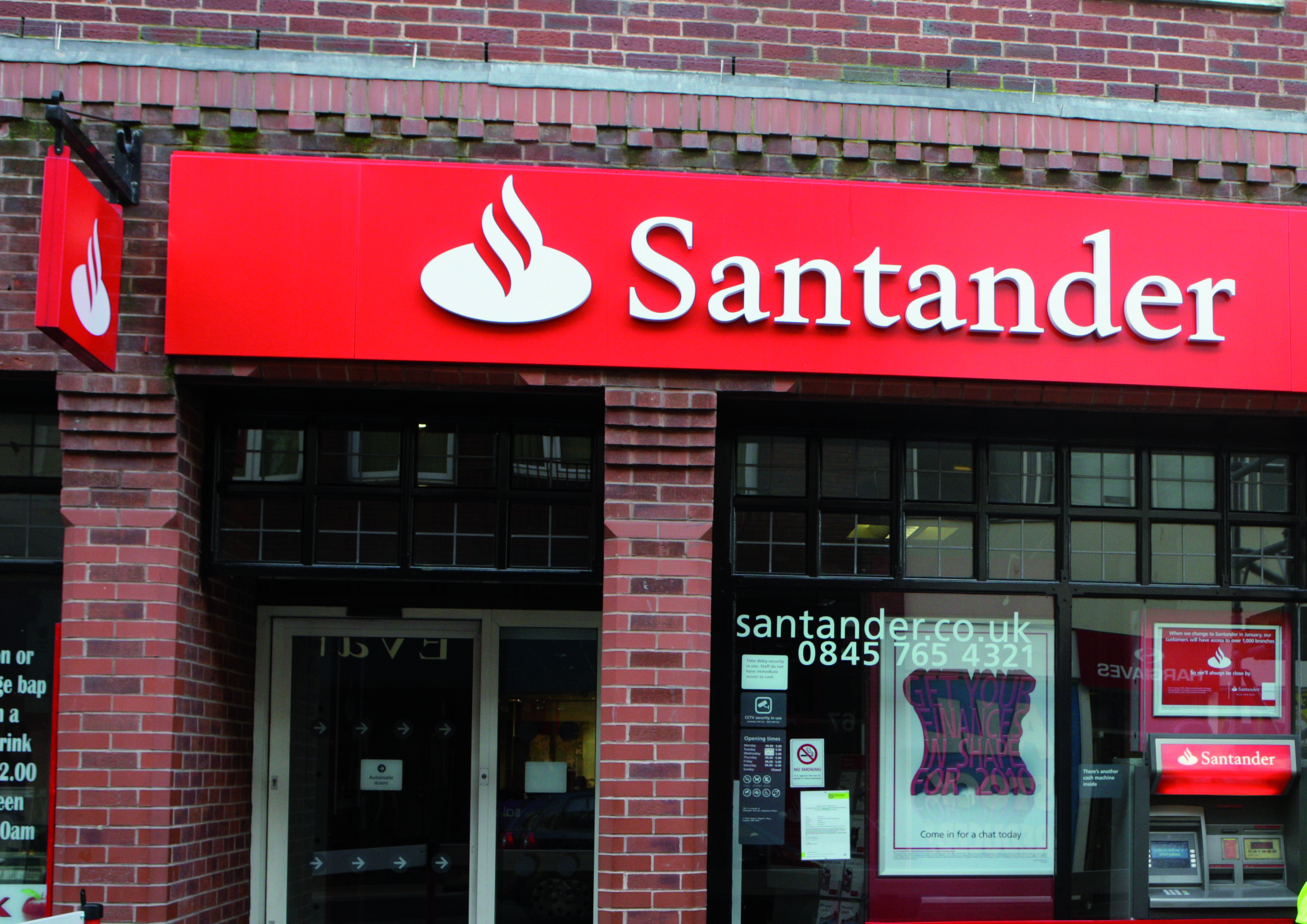Mortgage expert Jeni Browne advises a couple, who both work for the NHS, on how they can remortgage during these testing economic times
 Soaring energy costs, National Insurance hikes and record inflation are pushing many households to financial breaking point. Whilst remortgaging can save us money, anyone reaching the end of their current deal may be wondering how their diminishing bank balance might be assessed by a potential new lender.
Soaring energy costs, National Insurance hikes and record inflation are pushing many households to financial breaking point. Whilst remortgaging can save us money, anyone reaching the end of their current deal may be wondering how their diminishing bank balance might be assessed by a potential new lender.
In our latest mortgage clinic, Jeni Browne explains to a couple going through this exact situation how the rising costs will influence their application and what they can do to ensure they get the best deal.
The Question
It’s time to remortgage in May as we are coming to the end of our two-year deal. My partner and I are both NHS workers so we were fortunate enough to remain in employment during the pandemic but we have started, recently, to struggle with living costs.
Everything seems to be getting more expensive and therefore our outgoings are higher than they were when we took out the mortgage. With National Insurance and our energy bills going up in April I am worried our finances will not look good when we come to refinance. Would we be better off sticking with our lender’s bank rate?
Jeni’s Answer
Inflation was at 5.5% in January and is predicted to peak at 7%. So yes, the cost of living has increased, and people are really starting to feel this in their pockets.
When lenders are looking at affordability to underwrite a mortgage, they use Office for National Statistics (ONS) data to determine how much they feel would be a fair level of the costs your household would be incurring.
As the ONS data has shown an increase in costs, the figure lenders use here has increased which, for some lenders has meant a very slight tightening in terms of how much they will lend.
But please don’t despair, there are many lenders whose policy has not changed, and it is also worth checking what rates your current lender will offer to you – this is known as a product transfer and usually does not involve any affordability checks.
A mortgage broker will be able to run through all your options. I would encourage you to not stick on your lender’s variable rate, as these are increasing at the moment, so will be expensive and will leave you exposed to future rate rises.

Jeni Browne is business development director at Mortgages for Business
You can read more of Jeni’s advice on readers’ residential mortgage questions here. If you are interested in a buy-to-let mortgage, Jeni also writes a Q&A column on this area of the mortgage market, here.
If you have a question you would like to ask Jeni email kate.saines@emap.com














